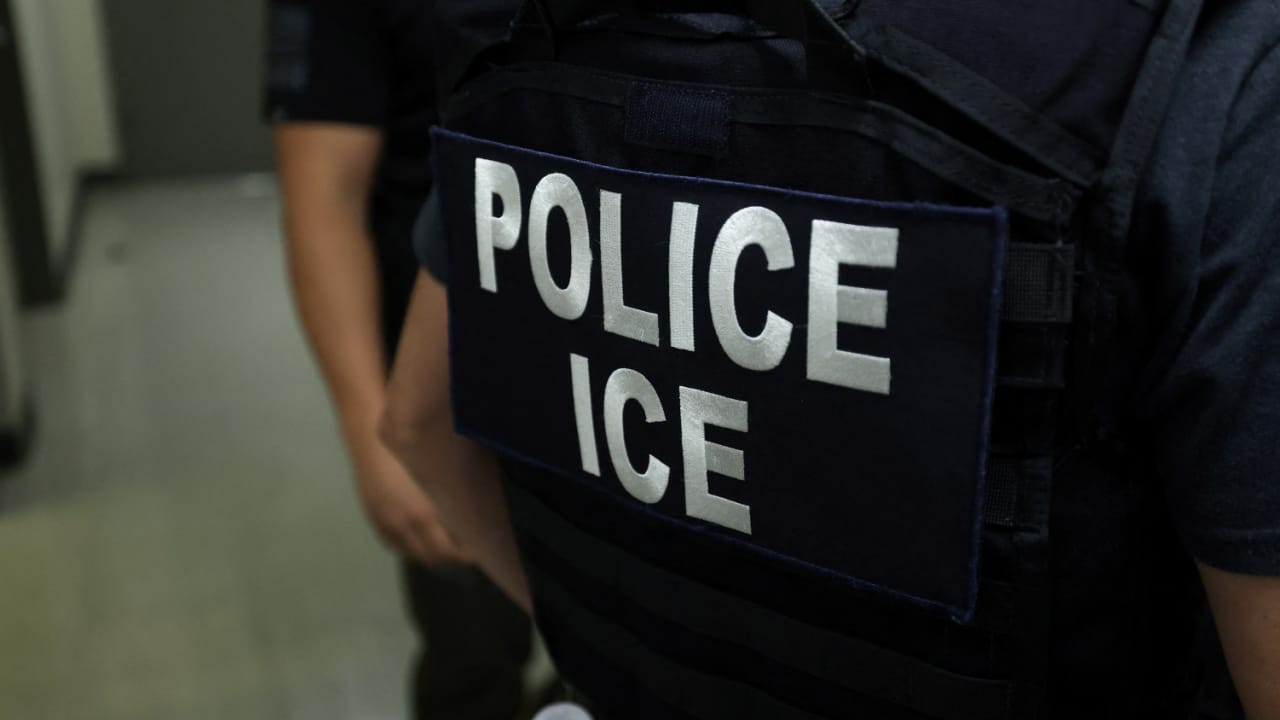Guatemala’s President Is Going To Have To Settle The Immigration Negotiation With Trump
Tuesday marked a new era of leadership in Guatemala as the Latin country swore in Alejandro Giammattei, a conservative doctor and former prison system director from the right-wing Vamos party. The 63-year-old won the presidency on his fourth attempt back in August with bold promises of changing a corrupt government and restoring the rule-of-law in city streets.
“Today, we are putting a full stop on corrupt practices so they disappear from the face of this country,” Giammattei said at his swearing-in ceremony that had a five-hour delay.
His ceremony somewhat overshadowed by delays and protests against ex-President Jimmy Morales, who for four years dodged accusations of corruption. The scene of protestors throwing eggs and voicing anger at the outgoing administration was a reminder of the displeasure against the country’s deep-seated political corruption. It’s also a key reason why many are looking to Giammattei to bring change to the struggling country.
As Giammattei takes office, there are questions on what his presidency will mean to Guatemala in the short and long term as issues over the future of an asylum deal with the United States comes into focus.
One of the biggest issues confronting Guatemala and one that Giammattei will have to address early is the Asylum Cooperation Agreement (ACA) that was signed by Morales last July with the U.S. government. The agreement, which was highly opposed in Guatemala, lets U.S. immigration officials send Honduran and Salvadoran migrants that are requesting asylum at the U.S.-Mexican border to apply for protection here instead. There is now increasing skepticism as reports say that the U.S. wants to expand the deal to include Mexican asylum seekers as well.
Last year, there were many Guatemalans that were part of a 3,000 migrant caravan that made its way up from Latin America to the U.S. The caravan consisted of people that were looking to claim asylum and became a symbol of the growing migration crisis at the southern border. President Trump frequently attacked the caravan and eventually threatened to impose tariffs on Guatemala if it didn’t agree to the asylum deal.
According to the Guatemalan Migration Institute, “as of Friday, 128 Salvadoran and Honduran asylum seekers had been sent as part of the agreement,” with only a limited number actually applying for asylum there and others returning home. Giammattei has previously said that he’s willing to make changes to the agreement but on Tuesday said he would revisit details later.
The country, one of Latin America’s poorest nations, is a key part of President Trump’s plan to curb illegal immigration and asylum claims. mostly from those coming to the U.S. Southern border. The issue for many living in Guatemala is how to let those seeking asylum when itself has become a major source of U.S. bound migrants.
Poverty levels have only grown in the last 20 years and income inequality levels continue to be a big problem in the country.
One of the big platform issues that Giammattei ran his campaign on was helping the shorten income inequality gap and poverty levels that have only grown in the last 20 years. Fifty-nine percent of Guatemalan citizens live below the poverty line and almost 1 million children under the age of 5 are believed to live with chronic malnutrition, according to the AP.
There is also the rampant problem of street violence and cartel gangs that have had a major effect on the daily lives of many in the country. Giammattei plans to address this with reforms that include designating “street gangs as terrorist groups.”
“This is the moment to rescue Guatemala from the absurd. It is the moment to combat corruption and malnutrition,” Giammattei said on Tuesday in his first address to the country as president. “There is no peace without security, I will present a law that aims to declare street gangs for what they are – terrorist groups.”
There is hope that Giammattei will turn a new page in Guatemala that will see change come to all in the country that has faced uncertainty for years. But only time will tell if this is indeed new leadership or business as usual.
“We will bring back the peace this country so dearly needs,” Giammattei said. “We will govern with decency, with honourability, and with ethical values.”




